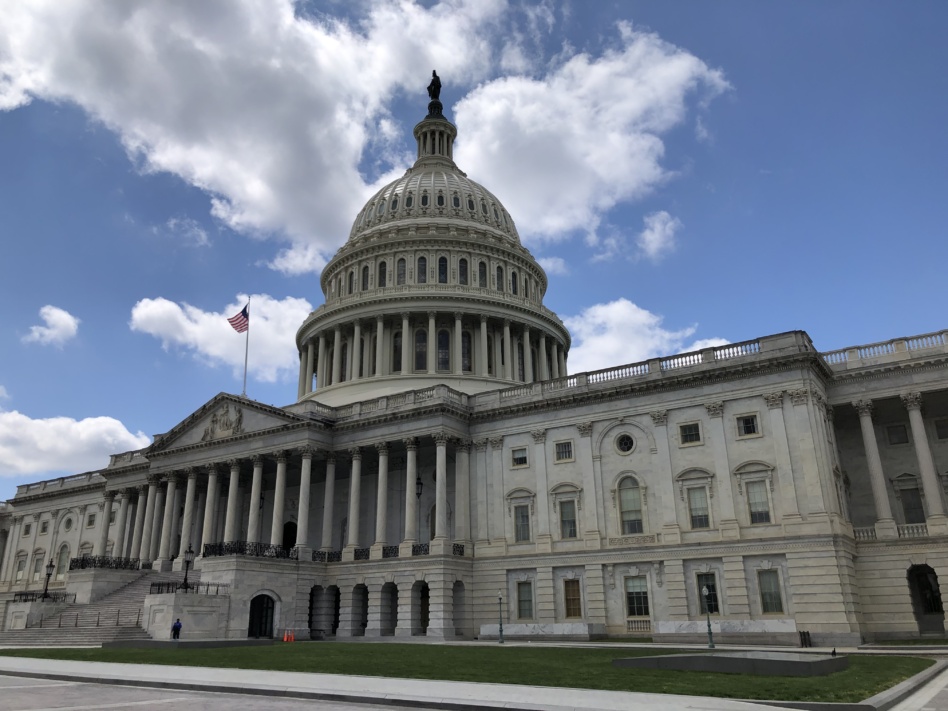The House passed the fiscal 2025 defense policy bill last week, but not before adding a few space-focused updates during debate on the floor.
The bill passed 217-199, with the vote mainly breaking down along party lines—Republicans overwhelmingly for, and Democrats overwhelmingly against.
Some background: The House Armed Services Committee passed the fiscal 2025 National Defense Authorization Act last month, sending the bill to the full House. The bill that passed the committee included a number of space priorities, including allowing DoD to transfer Air National Guardsmen working on space missions to the Space Force (but also giving governors the ability to veto the transfers).
Last minute additions: The ~350 amendments that were considered during debate on the must-pass legislation became a place for each party to inject partisan views on topics from abortion to diversity initiatives to masking mandates. There were, however, a handful of amendments related to national security space priorities that made it into the House’s final bill including:
- A proposal from Rep. Jim Himes (D-CT) expressed the importance of cislunar space domain awareness capabilities and ordered the chief of space operations to compile a report on the topic.
- A statement of support from Rep. Josh Gottheimer (D-NJ) to promote cooperation between NASA and the Israel Space Agency.
- An amendment from Rep. Glenn Ivey (D-MD) asked the comptroller general to study what threat adversaries’ “antagonistic use of satellites” poses to the US.
- A submission from Rep. Brittany Pettersen (D-CO) that expressed Congress’ support for the Space Force’s use of VLEO sats.
- A request from Rep. Byron Donalds (R-FL) for the Space Force chief to draft a report on the service’s use of nuclear propulsion for space vehicles.
Dollars and sense: The authorization bill is of course just a plan for the Space Force’s next fiscal year. It’s up to the appropriators to actually dole out money.
They’re beginning to do just that: the House Appropriations Committee approved a defense spending bill last week that included $28.7B for the Space Force, ~$900M less than the service’s request.
Other side: The Senate Armed Services Committee completed the markup of its version of the NDAA last week. While the debates were all behind closed doors, and we won’t get a peek at the bill text until it’s considered in the full Senate next month, the panel released an executive summary, which included some space priorities such as:
- Requiring the Air National Guard to transfer space functions to the Space Force without cutting end strength in affected states
- Established a Commercial Augment Space Reserve Fleet to give DoD commercial reinforcements in orbit during conflict
What’s next: After the Senate considers its version of the NDAA, action on the bill is likely to grind to a halt until after the election in November.




